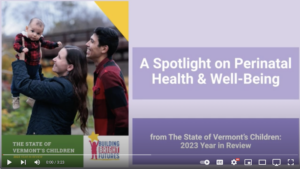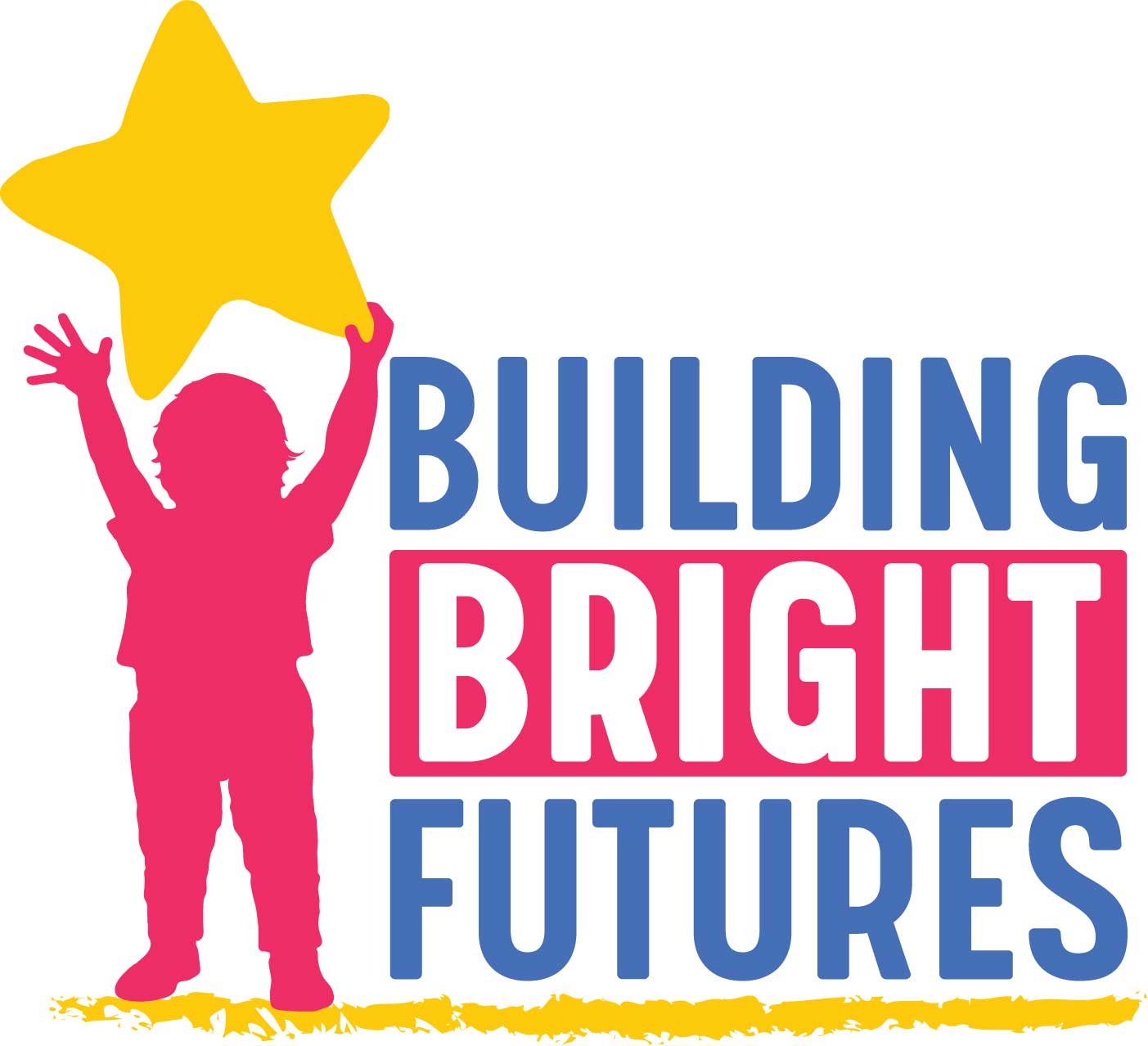One of the concerning trends in this year’s The State of Vermont’s Children is that the percentage of third grade students reading below proficient increased to 58.8% in the 2021-2022 school year, up from 50% in 2019. In response to input from our partners, BBF has added a new priority of increasing literacy rates to the menu of 10 priority issues for Regional Councils to choose from.
In this 2-minute video, you can learn more about the latest Vermont data on literacy. You can find more details in the report and drill down by issue or region using our data portal.
Last month in Chittenden County, BBF hosted a panel discussion on literacy and strategies to create better outcomes for Vermont students. The panelists were:
- Len Phelan, Principal of C.P. Smith Elementary School, Burlington School District
- Jordan Burke, Principal of Malletts Bay School, Colchester School District
- Akshata Nayak, Founder of Little Patakha, a children’s book publishing company
- Megan Estey Butterfield, Youth Library Manager at Fletcher Free Library, Burlington
- Danielle Harris, YMCA Early Education Director
The panelists discussed the importance of literacy skills in young children and strategies to support those who are not reading at grade level, as well as the importance of improving representation in children’s literature. They also talked about the challenges of accessing diverse reading materials in rural areas and the need for improved strategies to address these issues.
Both principals highlighted challenges related to third-grade literacy throughout the state and nationally, which include but are not limited to:
- Lack of preschool experience
- Challenges faced by families, especially those from different socioeconomic and cultural backgrounds, such as refugees and immigrant families who may not have learned to read and may have limited access to reading materials
The panelists shared several strategies and next steps, including:
- Increase access to books for children in low-income families by partnering with community organizations and implementing book-sharing programs
- Integrate technology to increase the love of reading in this digital age
- Offer professional development activities for teachers related to increasing literacy
- Increase the availability of high-quality, diverse books for children in early childhood education settings






